One of the joys of book tour is that it takes you not only to cool cities, but (sometimes) really cool hotels. And sometimes, those hotels lead you to murder mystery.
Back in March, I was brought to Charlotte, North Carolina by the Friends of the Library there, who put on a couple of lovely events and treated me very well and put me up at the Duke Mansion, a bed and breakfast (omg, GREAT breakfast) in what was once the sometime childhood home of Doris Duke, “the richest girl in the world.”
You might know her from the Doris Duke Charitable Foundation, which in turn you might know from various NPR sponsorships. I didn’t know all that much about her, so I lay in bed that night reading up, and ohhhhh boy.
Her father, James Buchanan Duke, was the founder of the American Tobacco Company (Lucky Strike, etc.) and while he didn’t found Duke University, he did give enough money to get it renamed after his father. The fun fact of the day posted in the hotel elevator was that when he brought Doris down to the Charlotte estate from New Jersey, he’d send a servant out to round up all the little girls in the neighborhood so she’d have other children to play with.
She was six feet tall (not as a child, we’re skipping ahead), she was the first non-Hawaiian woman to study competitive surfing under Duke Kahanamoku, she had pet camels, she was a passionate horticulturalist, she sang in a gospel choir, she collected Islamic art, and during WWII, she worked in a sailors’ canteen in Egypt. She had two very short marriages—plus a common-law husband, a twenty-years-younger band leader who sued her for stabbing him in the arm in a drunken rage. She might have had affairs with both Errol Flynn and General George S. Patton. She posted five million dollars in bail for Imelda Marcos.
But now we meet Eduardo Tirella, her close confidant and the curator of her estates in New Jersey, Bel Air, Honolulu, and Newport, RI. He’d been with her for a decade (until she was 54), and this one was not a romantic relationship; Eddie was gay.
By 1966, he had started to get work in Hollywood as a production designer and had just finished consulting on a Tony Curtis film, Don’t Make Waves. He told his friends he was ready to move out to LA full time, but they warned him Doris would not take this well. She was, among other things, known to stab people. He flew out to Newport to pack his things and tell her he was quitting. The rest of the staff heard them fighting before they got into his rented Dodge Polara to (allegedly) go see an antique that Doris had her eye on.
Here’s the story according to Doris: Eddie was driving, and when they reached the estate’s gate he got out to open it. Doris slid over into the driver’s seat in order to drive forward and pick him up. She released the parking break and shifted into drive, but accidentally hit the gas instead of the break. The car pinned Eddie against the opening gates, kept going, and smashed into a fence and then a tree across the seat. His body was found under the rear axle; he died instantly.
So, the Newport police chief shows up and immediately declares it an accidental death. No inquest! How nice and easy. Five years later, Eddie’s family brought a lawsuit and won a paltry $75,000 after she was found negligent.
In 2020, the journalism Peter Lance reinvestigated the case and wrote about it in Vanity Fair. And he was able to find some of the documents that were mysteriously missing from the police archives. My favorite thing he discovered: As soon as the medical examiner arrived at the hospital to interview her, Doris hired him as her personal doctor. “He promptly placed her in a secure, private room, which made it impossible for state investigators to question her. In effect, the man legally charged with determining the official cause of death had gone on Doris Duke’s payroll.” This also meant anything she told him was protected by doctor-patient privilege. NEAT TRICK, DORIS.
Lance also notes that Eddie’s injuries didn’t match Doris’s version of events at all. He had few injuries to his lower legs, which you’d expect if he were pinned to the gates by a car bumper—and yet the bottoms of the gates were several damaged. What seems most likely is that she ran him over relatively far from the gates, sending him rolling up onto the hood. (Or it’s possible that he saw her coming and jumped up onto the hood.) Then she braked and he rolled off; and then she ran over him, crashing through the gates and dragging his body under the car for forty feet until she hit the tree across the street. The tire marks at the scene suggested this, too; they showed that the car accelerated very quickly, more like someone stomping the gas than tapping what they thought was the brake.
So, months after Doris is cleared, she establishes the Newport Restoration Foundation (appointing her friend Jackie Onassis as Vice President), pouring money into the town, including the same cliff walk she used to defiantly let her German shepherds tear apart. Very soon afterward, the police chief retired to Florida and bought himself not one but two condos. And he was replaced not by the guy who would have been next in line, but by… the detective who had investigated the accident.
But Doris’s charitable work continued. Maybe because she wanted to keep buying good favor, or maybe it was a form of atonement, or maybe Jackie Onassis got in there and did the right thing. She left $1.3 billion to charity, and the Doris Duke Charitable Foundation’s goal “is to improve the quality of people's lives through grants supporting the performing arts, environmental conservation, medical research and child well-being.” During her life, she also gave money for AIDS research and for disadvantaged Black students in the South.
I suppose it makes the story slightly less awful if you believe that none of this would have happened without Eddie’s death, even though that’s a horrible kind of calculus. The Vanity Fair article quotes an artist friend: “What makes this story such a tragedy is that Eduardo was literally killed on the night before the rest of his life.”
Okay, to end on a more cheerful note I’m going to tell you that Tony Curtis, who Eddie got to work with, was an amazing person and was basically singlehandedly responsible for the restoration of the Great Synagogue of Budapest. It turns out you can do charity work WITHOUT murdering someone first!

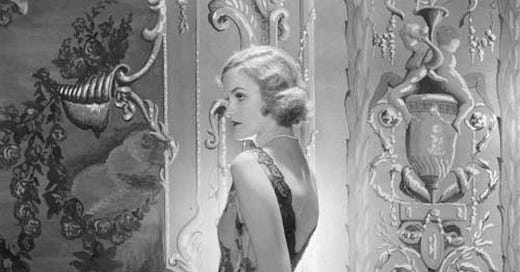



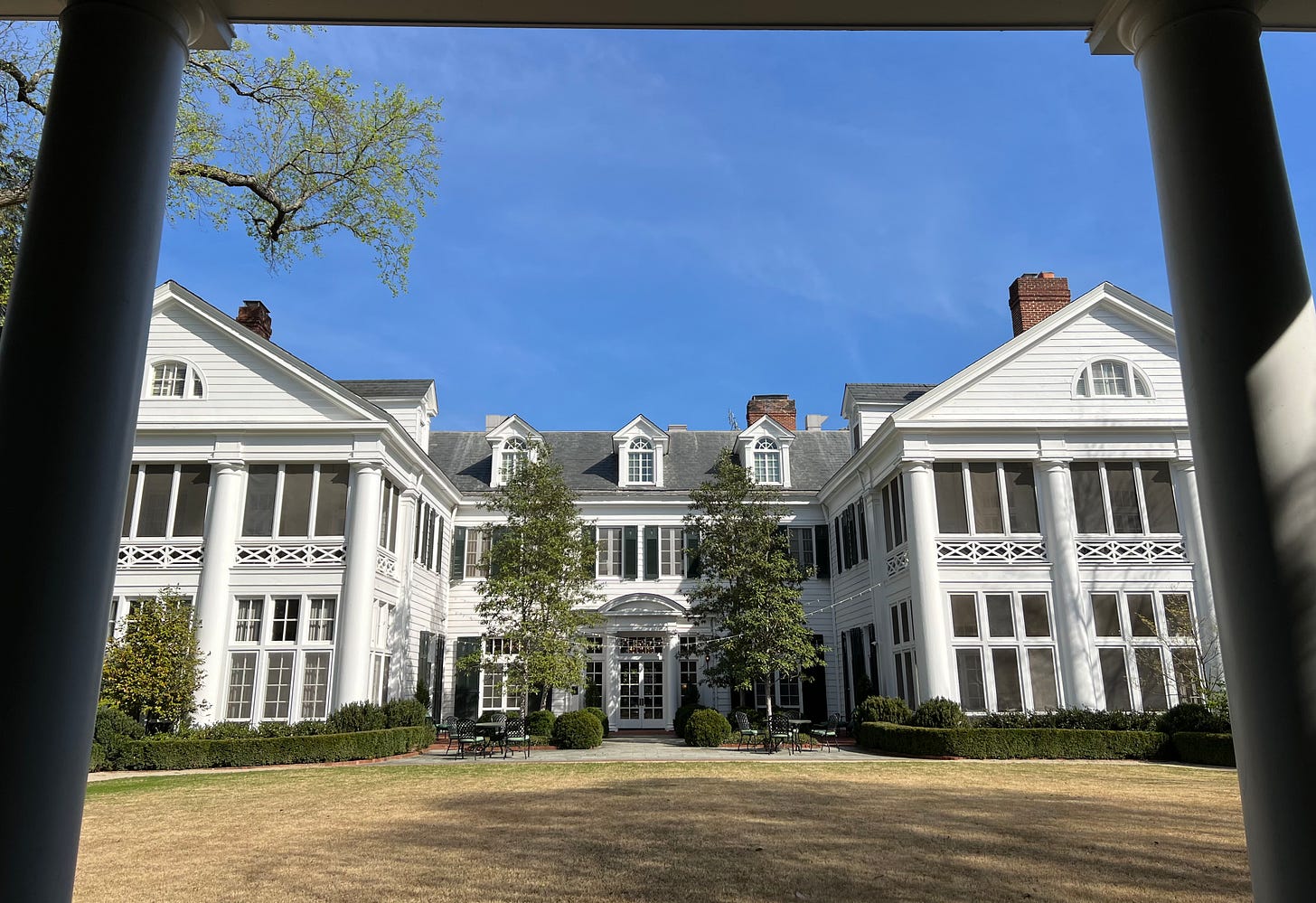
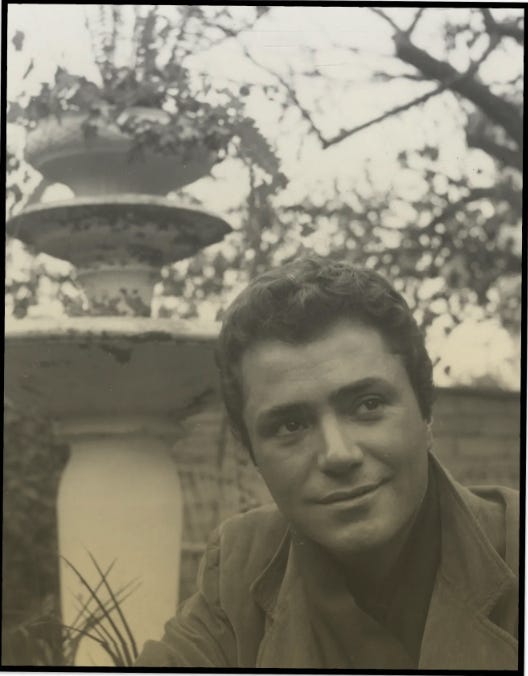
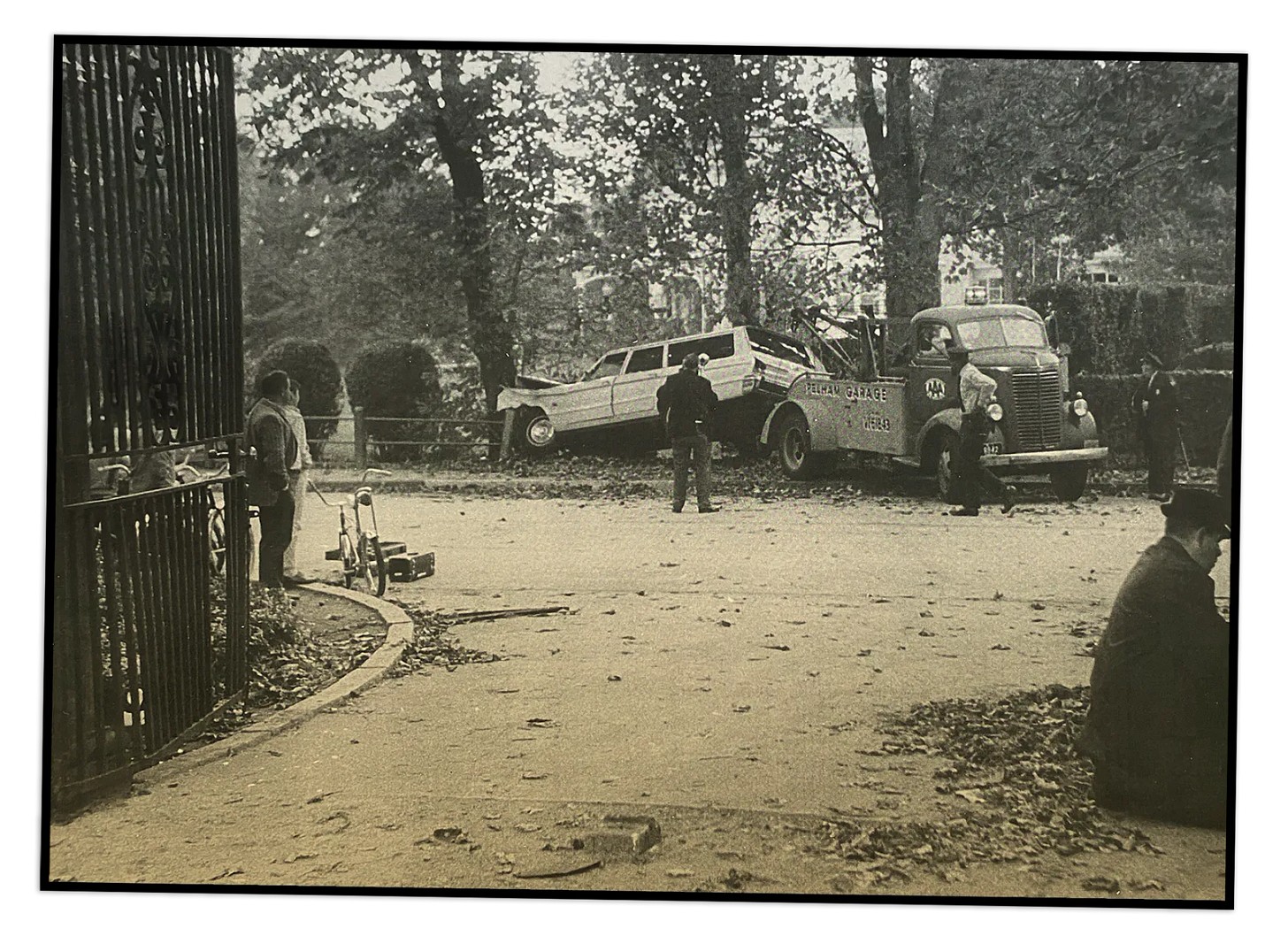
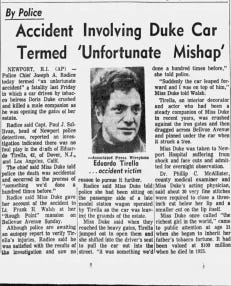
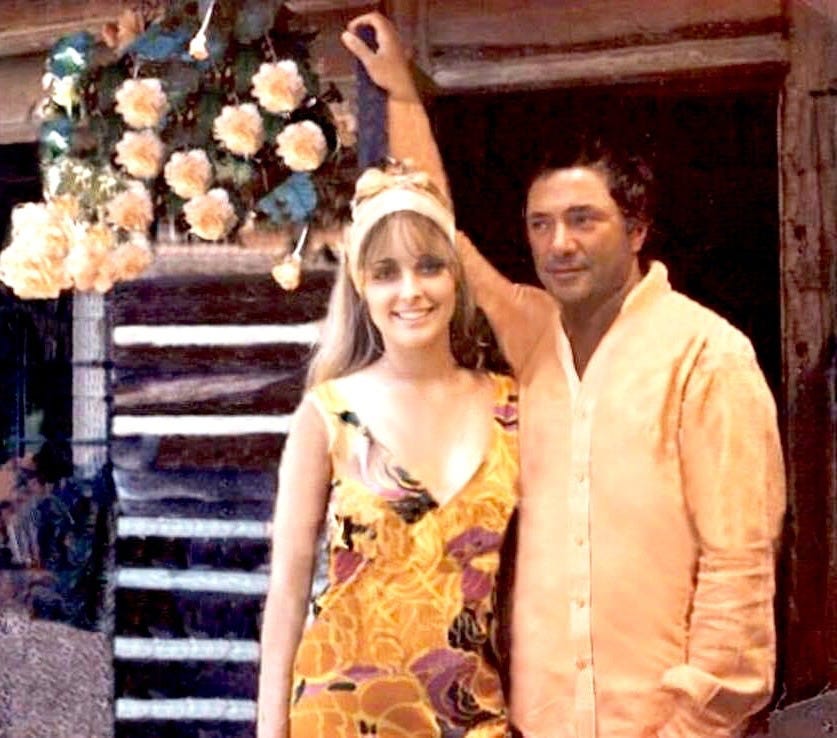
This story begs to be a limited series starring Amanda Seyfried and Pedro Pascal.
I love this thoroughly Makkain (rhymes with Hawaiian) sentence. "She was, among other things, known to stab people." So Bernard, the gay butler who made it onto the TV - movie, came after all this, then? I did not imagine he had a more dramatic predecessor.